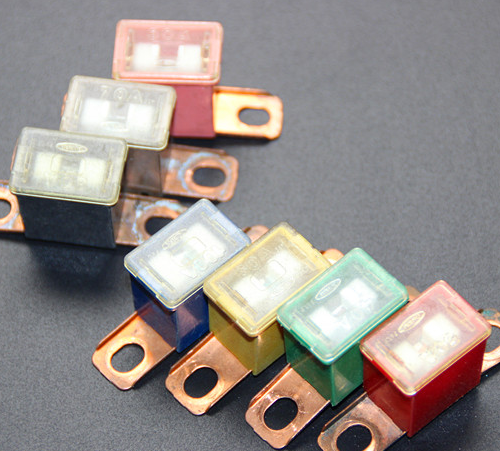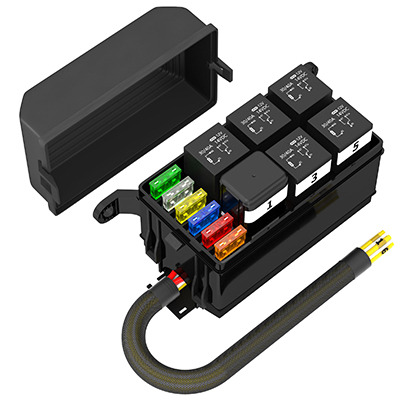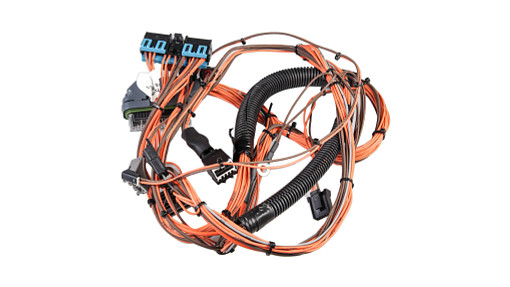Comprehensive Guide to Preventing and Understanding Car Fuse Failures
News 2025-10-13
Car fuses are vital components in automotive electrical systems, acting as safeguards against overloads and short circuits by melting and breaking the circuit when current exceeds safe limits. A burned-out fuse signals potential issues ranging from minor faults to serious electrical problems, which can affect vehicle operation and safety. By examining the mechanics behind fuse failures, drivers can better maintain their vehicles and avoid costly repairs. This discussion covers key aspects of fuse burnouts to enhance awareness and promote proactive maintenance.

Primary Causes of Fuse Burnouts
Fuse burnouts often result from excessive current flow, such as when a circuit is overloaded by adding too many accessories or when a short circuit occurs due to damaged wiring. Other factors include corrosion or aging of the fuse itself, which can weaken its structure over time, and environmental stresses like high temperatures in the engine compartment. Identifying these causes early involves checking for symptoms like repeated fuse failures in specific circuits, helping to pinpoint underlying issues in the vehicle’s electrical setup.
Effects on Automotive Systems
When a fuse burns out, it can interrupt essential functions, such as lighting, power windows, or even engine controls, leading to inconvenience or safety hazards on the road. In application scenarios like daily commutes or long trips, reliable fuse performance ensures that critical systems remain operational. The key advantage of fuses lies in their ability to limit damage by isolating faults, thereby protecting more expensive components and maintaining overall vehicle integrity, which is crucial for both performance and longevity in diverse driving conditions.
Effective Prevention Methods
Regular maintenance routines, including inspecting and cleaning fuse boxes, can significantly reduce the risk of burnouts. Using fuses with the correct amperage rating for each circuit prevents under- or over-specification issues. In practical terms, avoiding makeshift repairs and opting for professional diagnostics when electrical problems arise helps sustain system health. Additionally, upgrading to higher-quality fuses or incorporating circuit protection devices can enhance reliability, ensuring that vehicles handle electrical demands efficiently in real-world scenarios.
Frequently Asked Questions
1. What are the signs of an impending fuse burnout?
Look for flickering lights or intermittent electrical failures, which may indicate weakening fuses or circuit issues needing immediate attention.
2. How often should car fuses be inspected?
Check fuses during routine vehicle maintenance, such as oil changes, or if you notice any electrical irregularities, to catch problems early.
3. Can environmental factors cause fuse failures?
Yes, extreme heat, moisture, or vibrations can degrade fuses, so parking in shaded areas and keeping the engine bay clean can help mitigate these risks.


